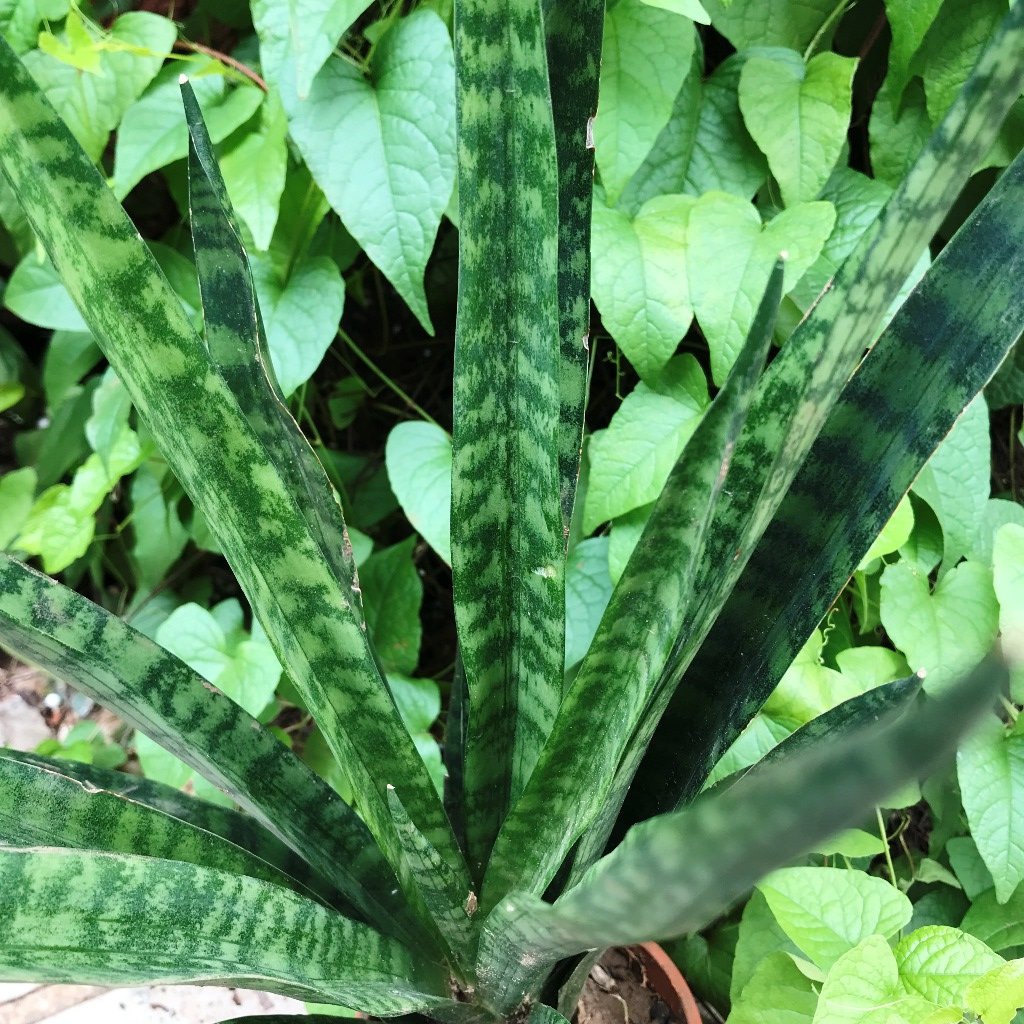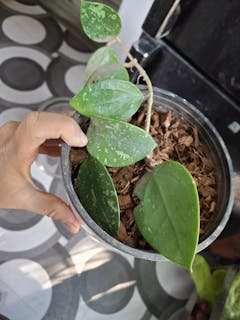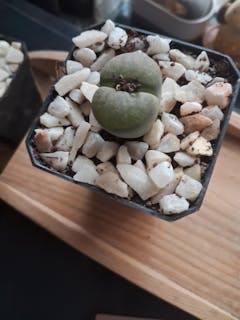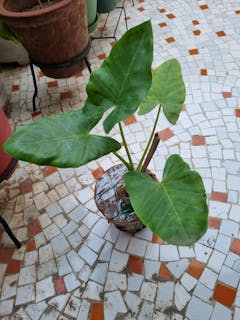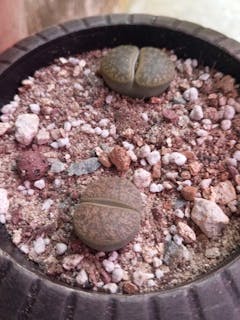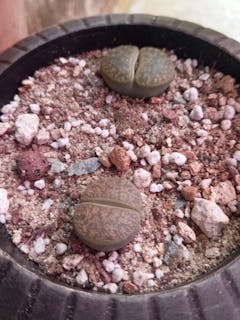Sansevierias, apart from being a great air purifier, thrive with minimal care and live for many years, making it the perfect houseplant!
Place sansevierias in moderately bright or filtered light. Good location would be a north-facing window or in front of a bright and sunny window. Although the plant is known to tolerate very low light levels, bright light brings out the colours in the leaves while also keeping it healthy. Keep them away from direct sun.
Allow the soil to go completely dry before watering. When you do water it, make sure to. Water it deeply enough for the water to come out of the drainage hole. Never allow water to stagnate on top of the soil or do not make the soil soggy as that will lead to root rot. You can water it once a week in summers and once in 2 weeks in winters if kept in bright filtered light. After watering the plant, make sure to keep it in a bright area.
Use a fast and well draining soil to keep your Sansevieria as root rot is one of the main reason that kills the plant. You can fertilise it once a month.
Sansevieria Trifasciata Zeylanica
Family
Asphodelaceae
Native
West Africa
Description
Sansevieria trifasciata Black Coral is a stunning, almost gothic, example of Mother-in-Law's Tongue, with dark green, almost black colouring and wavy horizontal bands of white-grey-green. Unlike Sansevieria Trifasciata Zeylanica which has broader leaves, Black Coral has narrow upward pointing leaves marked with gray-green wavy bands on a deeper green background. Color is darker, almost black, in lower light levels, and tends to be more pronounced on newer foliage.
It is an evergreen perennial plant forming dense stands, spreading by way of its creeping rhizome, which is sometimes above ground, sometimes underground. Its stiff leaves grow vertically from a basal rosette. Mature leaves are dark green with light gray-green wavy bands and usually range between 12-18 in long and 10 - 12 in wide.
Environment
It prefers bright light with some sun. They can adapt to full sun.
A loose, well-drained potting mix.Sandier soil is good for them.
Let the soil dry between waterings. During winter, reduce watering to twice a month, or whenever the soil is dry to the touch. The biggest danger is over watering, especially in the winter.
Feed a mild cactus fertilizer during the growing season; do not fertilizer in the winter.
Landscape Uses
It is now used predominantly as an ornamental plant, outdoors in warmer climates, and indoors as a houseplant in cooler climates.


